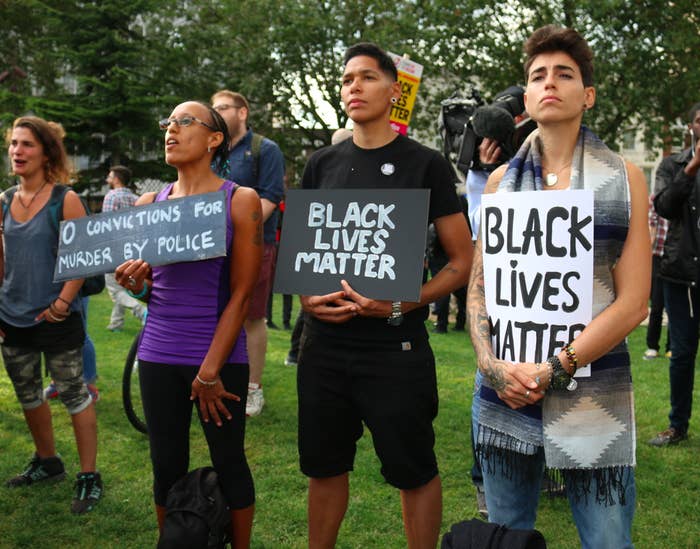
Hundreds of people gathered in Whitechapel, east London, on Friday as part of a day of Black Lives Matter demonstrations across the UK.
The protests, organised by a network of activists calling themselves UK Black Lives Matter (UKBLM), started during the early hours of Friday morning.
Demonstrators staged a "shutdown" and blocked traffic by lying in the road close to a roundabout on the M4 near London's Heathrow airport holding a banner bearing the words "This Is a Crisis". Similar events were held in Birmingham and Nottingham.
Later crowds gathered in east London where the families of people who have died in police custody addressed the crowd, each sharing stories on their long fight for justice. It included the families of Sean Rigg, a London musician who died in police custody in 2008, and Leon Patterson, who was found dead in a police cell in 1992.
Kadija George, cousin of Sheku Bayoh who died after being detained by more than nine police officers in Scotland last year, told BuzzFeed News there has not been a day she has not been fighting for answers since his death.
"We want the truth about what happened, and we want whoever killed him to be held accountable," she said.
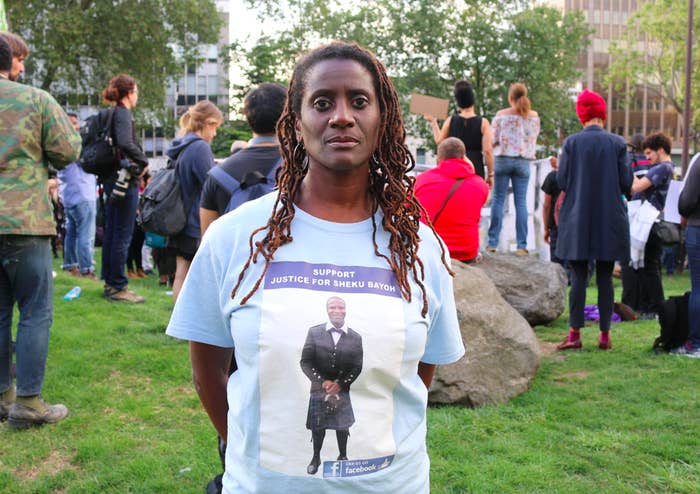
"It's been horrible because family members have suffered... his mother has lost her only son, the youngest. He's also left behind two young children, a three-month-old son, and a three-year-old son, and they're now growing up without a dad," she added.
"People's lives may have been disrupted this morning at Heathrow, but our lives are being disrupted all the time."
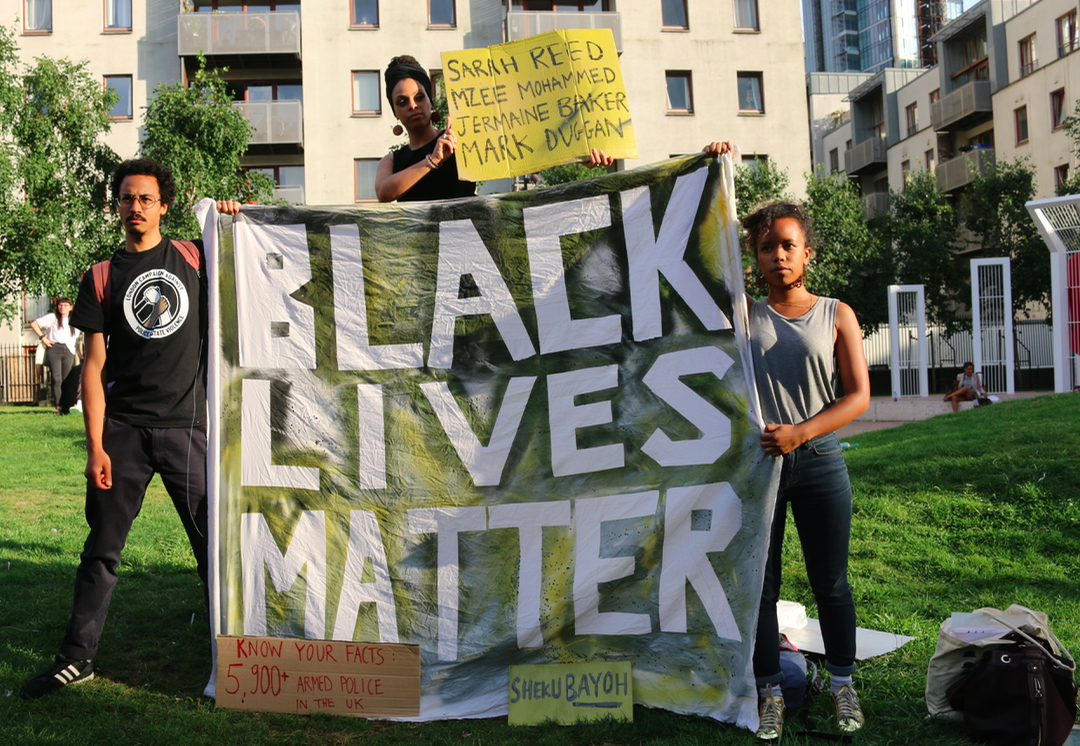
Natasha Nkonde, a Black Lives Matter UK activist who helped organise the demonstration, told BuzzFeed News that the national day of action was a success.
"I think this morning went really well," she said. "We wanted to shut down a major transport hub because all of the avenues for justice has been shut down for black people."
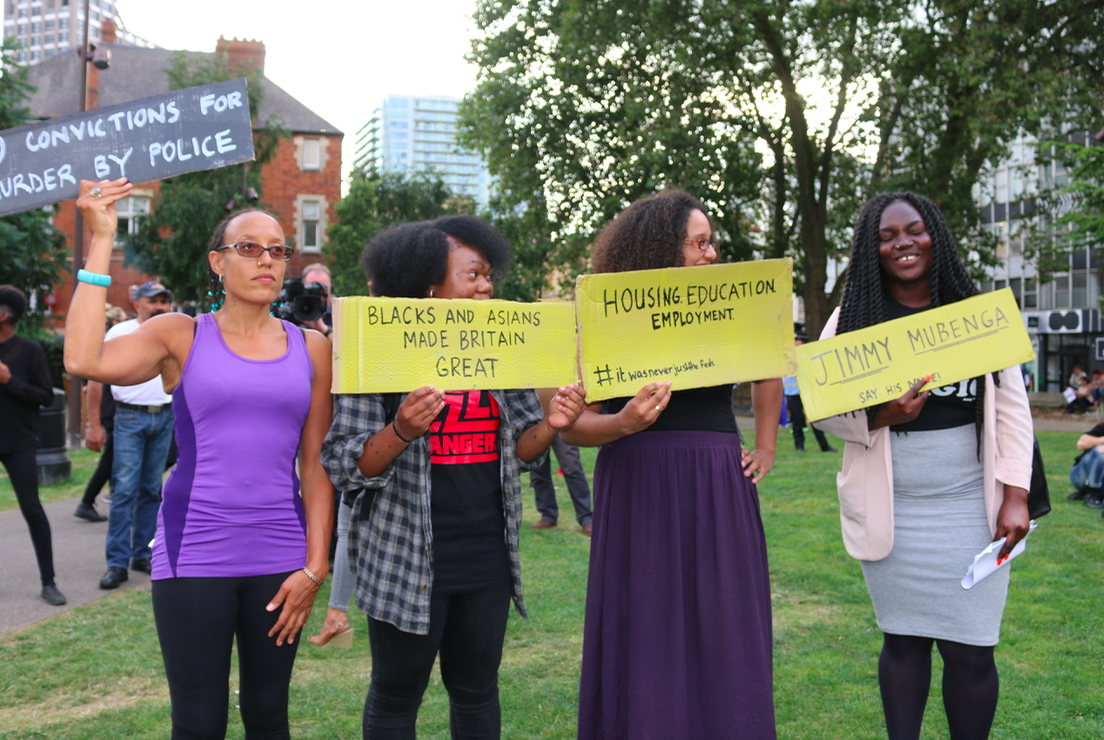
Nkonde, 31, a Zambian migrant living in London, said she recognised that a lot of people were "upset, angry, and irritated" that protesters had caused traffic gridlock during rush hour. "But what I would say to those people is that a bit of delay today is nothing compared to having lost your son at the hands of police and having to wait over 24 years for justice," she added.
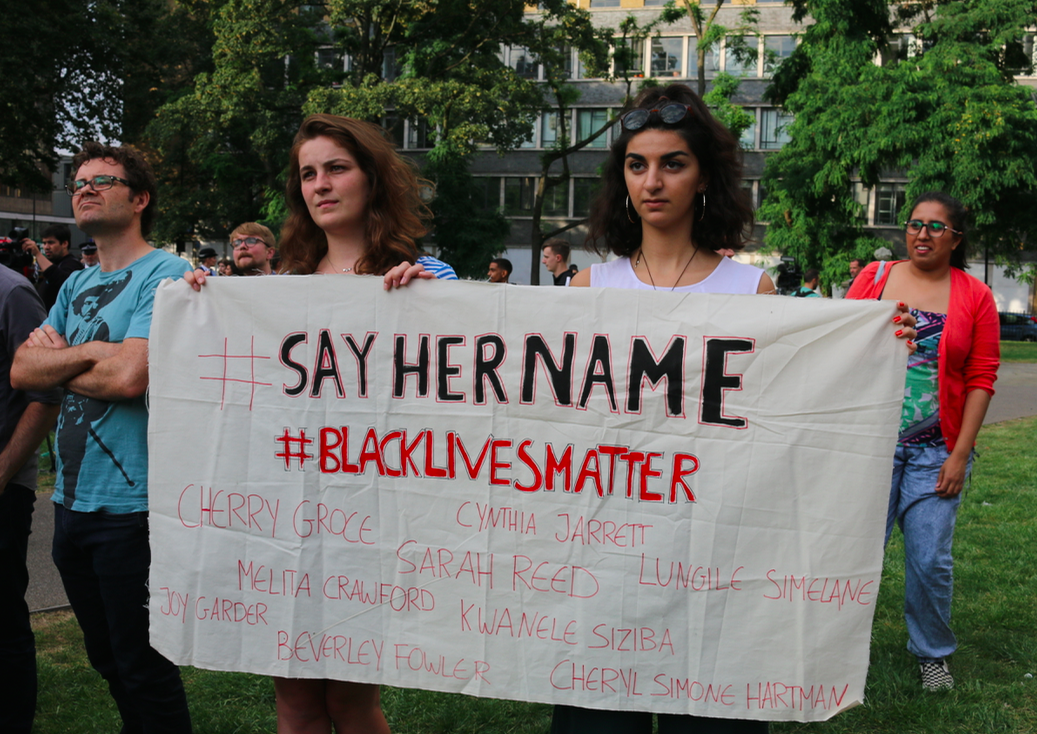
She said the purpose of the demonstrations was to highlight deaths in police custody, none of which have had led to convictions, and which disproportionately affects black people. "But most importantly that we see black lives within the UK being essentially in crisis," Nkonde added.
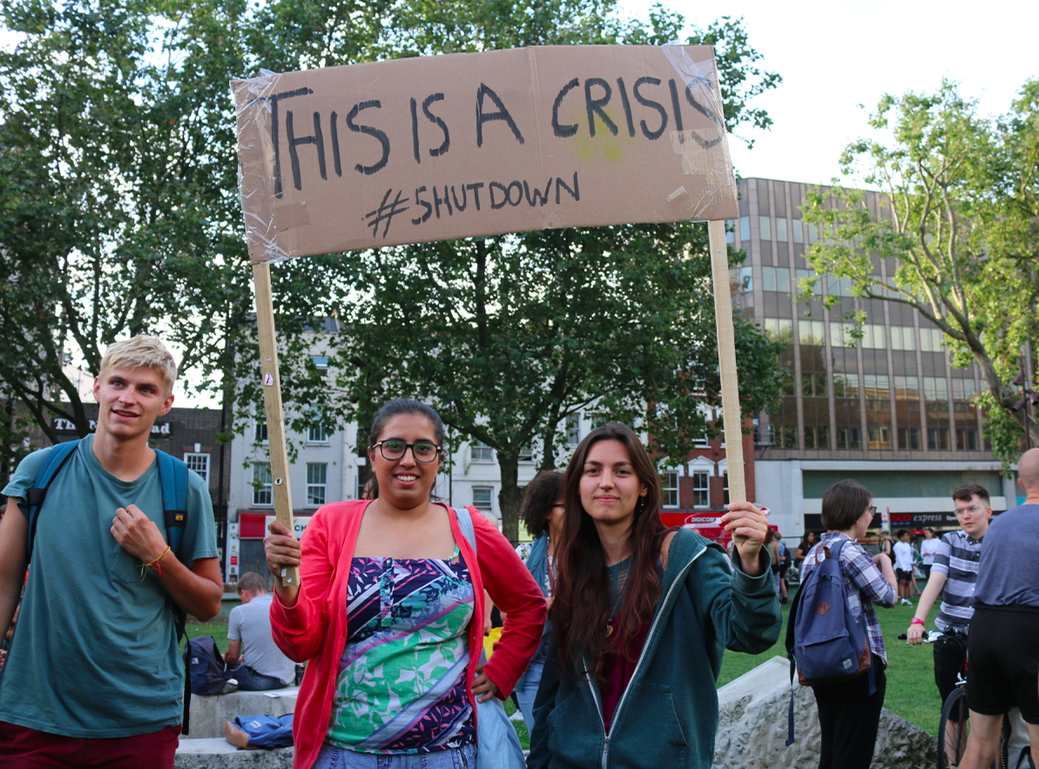
"We feel as black people that our lives are either in danger, the fact that we cannot have the type of livelihood that other people can have access to... we have to highlight that, and it begins today," she said.
"It so happens that it's five years since the killing of Mark Duggan... it's a reminder that the police can use legal force and there will be no responsibility."
